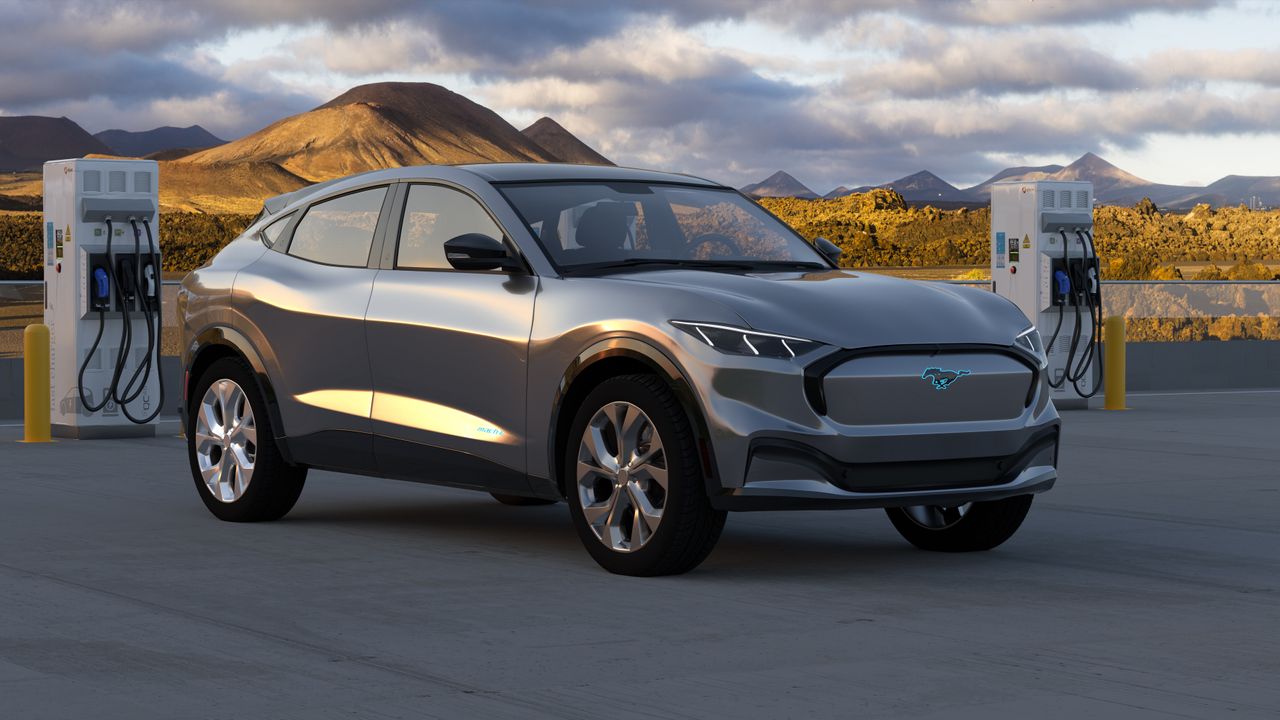Electric Vehicle Charging at Home: Options and Considerations
As electric vehicles become more popular, many owners are opting to charge their vehicles at home for convenience and cost savings. In this article, we will explore the various options and considerations for electric vehicle charging at home.
Charging Plug and Cable
Before you can start charging your electric vehicle at home, you’ll need to ensure you have the right charging plug and cable. Most electric vehicles come with a standard charging cable that can be plugged into a regular household outlet. However, this charging method is typically slower and may not be suitable for all owners.
If you want faster charging speeds, you may need to invest in a dedicated charging plug and cable. These are commonly known as Level 2 chargers and require a 240-volt outlet, similar to those used for large appliances like electric dryers. Level 2 chargers can significantly reduce charging times and are recommended for daily use.
Residential Charging Options
When it comes to residential charging options, there are a few different routes you can take:
1. Wall-Mounted Charging Station
A wall-mounted charging station is a popular choice for many electric vehicle owners. These stations are permanently installed on an exterior wall of your home or in your garage and provide a dedicated charging point for your vehicle. They offer faster charging speeds and often come with additional features like built-in cable management.
2. Portable Charging Station
If you prefer flexibility or don’t have the option to install a wall-mounted charging station, a portable charging station may be the right choice for you. These stations can be easily moved and plugged into different outlets as needed. Portable charging stations are a convenient option for those who travel frequently or want the ability to charge their vehicle wherever they go.
3. Solar-Powered Charging
For environmentally conscious homeowners, solar-powered charging is an excellent option. By installing solar panels on your property, you can generate clean energy to power your electric vehicle. Solar-powered charging not only reduces your carbon footprint but can also save you money on electricity bills in the long run.
Considerations for Home Charging
While charging your electric vehicle at home offers convenience, there are a few important considerations to keep in mind:
1. Electrical System Capacity
Before installing a Level 2 charging station, it’s crucial to ensure that your home’s electrical system can handle the additional load. Consult with a qualified electrician to assess your electrical capacity and make any necessary upgrades to avoid overloading your system.
2. Charging Speed vs. Battery Health
While faster charging speeds are desirable, it’s important to strike a balance between convenience and battery health. Rapid charging can potentially degrade the battery over time. Consult your vehicle’s manufacturer guidelines to determine the optimal charging speed for your specific model.
3. Cost of Installation
Installing a dedicated charging station may require upfront costs for equipment, electrical work, and permits. Consider your budget and weigh the long-term cost savings of charging at home against the initial investment.
4. Accessibility and Parking
Ensure that your chosen charging solution is easily accessible from your parking spot. Consider the length of the charging cable and the location of the charging station to ensure a convenient and hassle-free charging experience.
In Conclusion
Charging your electric vehicle at home provides convenience and cost savings. Whether you opt for a wall-mounted charging station, a portable charging station, or solar-powered charging, it’s important to consider your specific needs, electrical capacity, and budget. By making an informed decision and taking the necessary precautions, you can enjoy the benefits of home charging for your electric vehicle.
